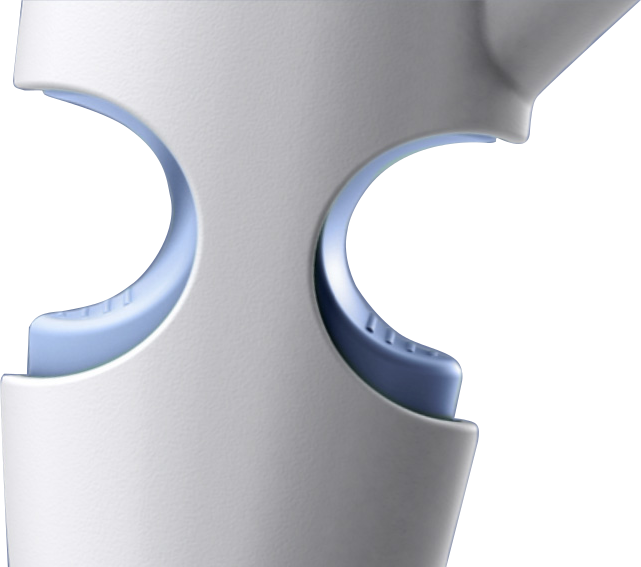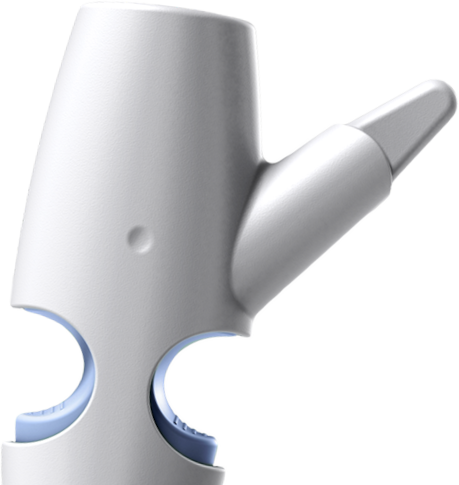

FAQs
FREQUENTLY
ASKED QUESTIONS
- Trudhesa is not used to prevent migraine
- Trudhesa is not used to treat other types of headaches such as hemiplegic (that make you unable to move on one side of your body) or basilar (rare form of migraine with aura) migraines
- You have rapid-onset migraine attacks
- Your migraine attacks come back within 24 hours after taking medication
- You have nausea, vomiting, or other GI-related issues, during or in between migraine attacks
- You need relief that starts quickly and lasts for days, time after time
- sumatriptan
- fluconazole
- propranolol or other medicines that can lower your heart rate
- ergot-type medicine
- grapefruit juice
- any medicines that can increase your blood pressure
- saquinavir
- zileuton
- selective serotonin reuptake inhibitors
- nefazodone
- nicotine
- runny nose
- nausea
- abnormal taste
- application site reactions
- dizziness
- vomiting
- sleepiness
- sore throat
- diarrhea
Do not take Trudhesa with strong CYP3A4 inhibitors.
Serious or potentially life-threatening reductions in blood flow to the brain or extremities due to interactions between dihydroergotamine (the active ingredient in Trudhesa) and strong CYP3A4 inhibitors (such as protease inhibitors and macrolide antibiotics) have been reported rarely. As a result, these medications should not be taken together.
Tell your HCP about all the medications you are taking.
Do not take Trudhesa if you have taken any of the following medicines in the last 24 hours: sumatriptan, almotriptan, eletriptan, frovatriptan, naratriptan, rizatriptan, ergotamine, or ergotamine-type medicines.
For a complete list of medications that may be harmful if taken together with Trudhesa, please refer to the Medication Guide.
Before you take Trudhesa, tell your HCP about all of your medical conditions, including if you:
- have high blood pressure
- have liver problems
- have kidney problems
- smoke
- are pregnant or plan to become pregnant. You should not take Trudhesa if you are pregnant. Trudhesa may cause preterm labor. Trudhesa is not recommended during pregnancy. Talk to your HCP right away if you are pregnant or want to become pregnant
- are breastfeeding or plan to breastfeed. Trudhesa may reduce breast milk supply and pass into your breast milk. Trudhesa may be harmful to your baby. Do not breastfeed your baby while taking Trudhesa and for 3 days after you use Trudhesa. Talk with your HCP about the best way to feed your baby if you take Trudhesa
Tell your HCP about all the medicines you take, including prescription and over-the-counter medicines, vitamins, and herbal supplements. Your HCP will decide if you can take Trudhesa with your other medicines.
If you have commercial insurance, you will be automatically enrolled in the Trudhesa Direct Savings Program and will receive Trudhesa for as little as $0 per prescription.* Copay savings will be automatically applied, starting with the very first prescription, without the need to carry a copay card.
*If you have commercial medical insurance, your first prescription is guaranteed for $0 per prescription.
Keep Trudhesa away from heat and light.
- Store Trudhesa at room temperature between 68°F to 77°F (20°C to 25°C)
- Do not refrigerate or freeze
- After a Trudhesa vial has been opened, it must be thrown away after 8 hours
Keep Trudhesa and all medicines out of the reach of children.
Do not throw Trudhesa into fire or incinerators as the canister inside the device may explode.

